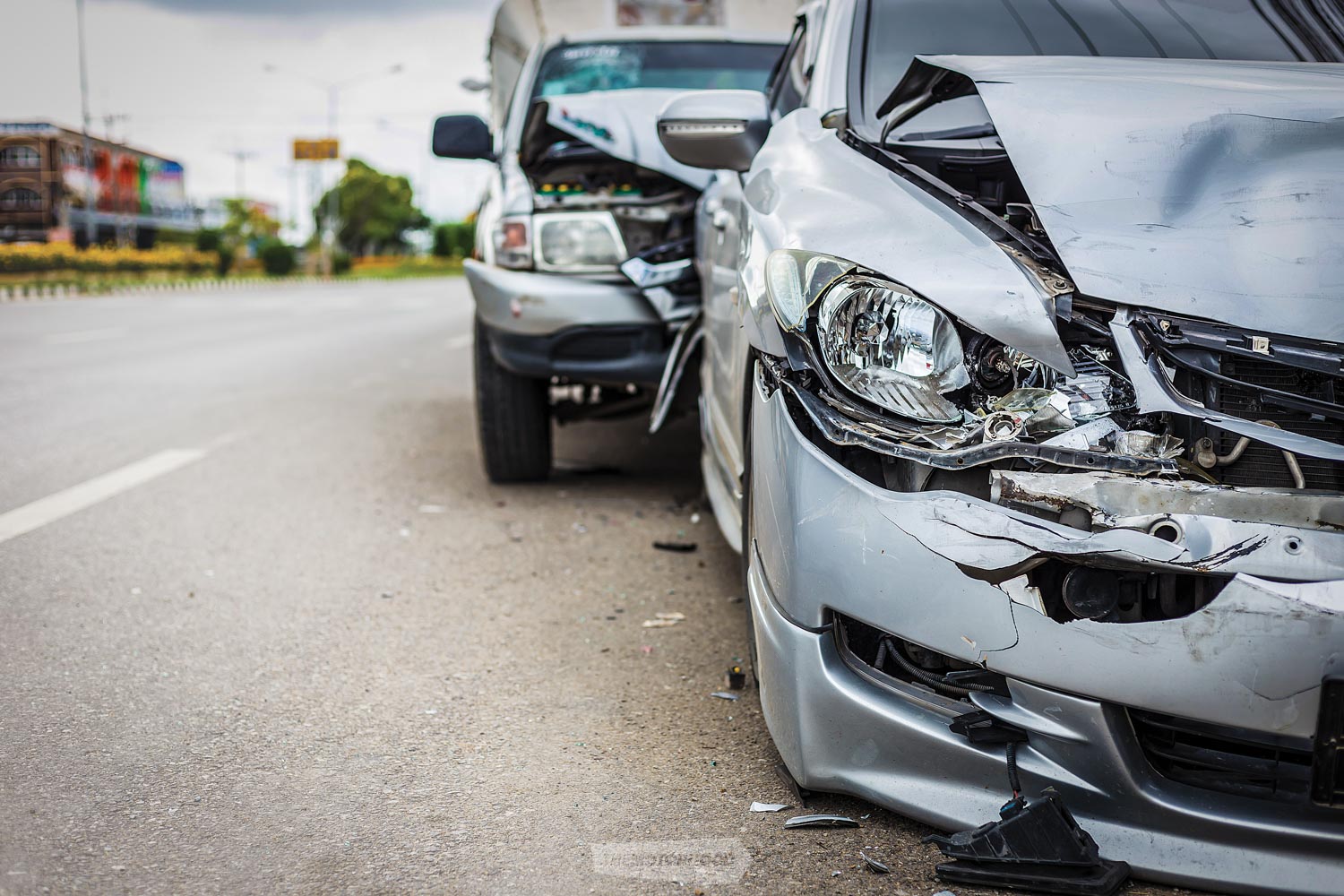Detailing what to do after an accident and the definitions of important insurance terms with NAC Insurance

What to do if you have an accident
Being involved in an accident, whether it’s a small scrape to the bumper or a more serious impact, is generally the last thing anyone wants to experience. But, unfortunately, it does happen, and that’s exactly why we have insurance! If you are an affected party in an accident, there are a few crucial steps you need to remember to help make the claim process as smooth as possible.
If anything happens that could result in a claim under your insurance policy, you must:
• do what you can to take care of the car and prevent any further loss or liability
• inform your insurance company as soon as possible
• notify the police as soon as possible if you think that the incident was caused by a criminal act
• allow your insurance company to examine the car before any permanent repairs are started
• not destroy or dispose of anything that is, or could be, part of a claim
• as soon as possible, send your insurance company anything you receive from anyone about a claim or possible claim against you
• give your insurance company any information or help requested
• consent to your personal information in connection with your claim being disclosed to the insurance company and transferred to the Insurance Claims Register
• tell the insurance company immediately if you or anyone else entitled to cover under this policy is charged with any offence in connection with the use of the car or a vehicle that resulted in loss of property or bodily injury to another person.
When you need to make a claim, your insurance company will be there to help you. For NAC Insurance, go to nac.co.nz/claims or call 0800 501 508 and select the ‘Claims’ option.
Important insurance terms that you need to know
Excess: The first amount of the claim that you must pay, which is shown in either the schedule or in the policy wording. Excesses are designed to help keep insurance affordable, by ensuring that claims aren’t made for small amounts that insurance isn’t designed to cover.
Modification: Any change to the car that is different to the manufacturer’s original specifications or recommendations. Examples include changes to the engine, steering, performance, suspension, chassis, or bodykits, paintwork, interior modifications, tyres and wheels of the car. NAC does not consider a conversion of the car to run on CNG, LPG, or biogas a modification, provided that the car has a current warrant of fitness and a current Alternative Fuel Inspection Certificate.
Accessory: A part of the car not directly related to its function as a vehicle, including any radio, audio equipment, or other in-vehicle entertainment and communication equipment not forming an integral part of the car, including a phone connected to a power source in the car, and car seat covers, floor mats, or child car seats.
Loss: Physical loss or physical damage.
Uneconomic to repair: A total loss because the car is uneconomic or unsafe to repair in the insurer’s opinion, or stolen and not recovered.
Reasonable care: You must always take reasonable care to avoid circumstances that could result in a claim. You won’t be covered if you are reckless or grossly irresponsible.





